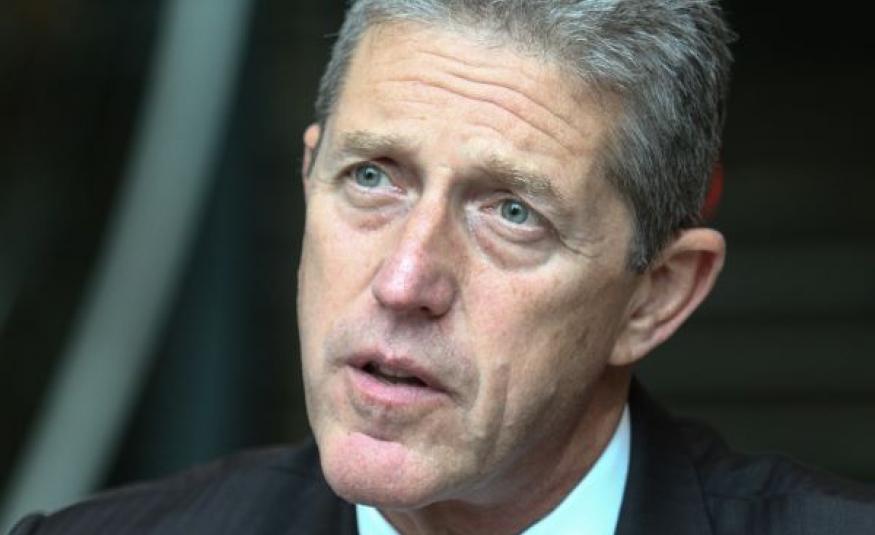The Business Events Council Malaysia (BECM) is appealing to the Malaysian government to make a a clear distinction between business events and mass gatherings.
This distinction would help establish a restart date for the event industry, a crucial economic sector. Under the current Conditional Movement Control Order (CMCO), conferences and exhibitions are prohibited from taking place in Malaysia.
The Chairman of BECM, Alan Pryor (pictured), said that it was important that the government understood that the business events industry can operate safely under comprehensive Standard Operating Procedures (SOPs). Venues and facilities in Malaysia are able to offer controlled environments and operational standards which will ensure the health and safety of both attendees and staff, he said. Therefore, the event sector "should not be subject to the mass gathering restrictions that apply to other large-scale events such as weddings, religious gatherings, sports events and concerts".
Pryor added: “Event venues are economic engines for their cities and communities, creating significant tax and travel revenues as well as jobs. That is why, in consultation with the industry, we have developed highly comprehensive SOPs, which demonstrate our focus on ensuring the safety of our employees, clients, suppliers and attendees. Collectively industry stakeholders have submitted these SOPs to the Malaysia Convention & Exhibition Bureau (MyCEB), which has, in turn, submitted them to government. We hope that these will demonstrate proactivity from our industry in working with relevant government authorities to facilitate the reopening of the business events industry sector, which plays a vital role in stimulating Malaysia’s economy.”
The comprehensive SOPs, which have been developed by industry sectors and supported by industry associations, incorporate the use of personal protective equipment (PPE), food safety measures, air quality control, surface cleaning, and physical and social distancing. Malaysian business event venues will also be required to implement a variety of other measures including temperature checks, thermal cameras, hand sanitisers, as well as reduce touch points, move to contactless transactions and daily monitoring systems.
Pryor added: “The specifics will be further customised for each venue and event, but the primary objective is first and foremost the health and safety of all involved in the planning and execution of events on site. As an industry we are able to run extremely well organised events tracing every one of our attendees, speakers and exhibitors as well as monitoring, tracking and putting in place a range of measures that can ensure these events comply with government guidelines on hygiene and physical distancing. This level of capability clearly distinguishes the business events industry from mass gatherings where controls and personal space are often limited.
“We do hope that the Malaysian government takes this distinction into account moving forward, as has been happening in other international markets such as China and Germany. Gatherings and events are not all equal and come in many different shapes and sizes. Purpose-built convention centres are required to maintain international standards with controlled environments and stringent operational processes. As such is encouraging to see that some governments have recognised this and are applying appropriate regulations so that business events can resume with the necessary precautions in place.”





